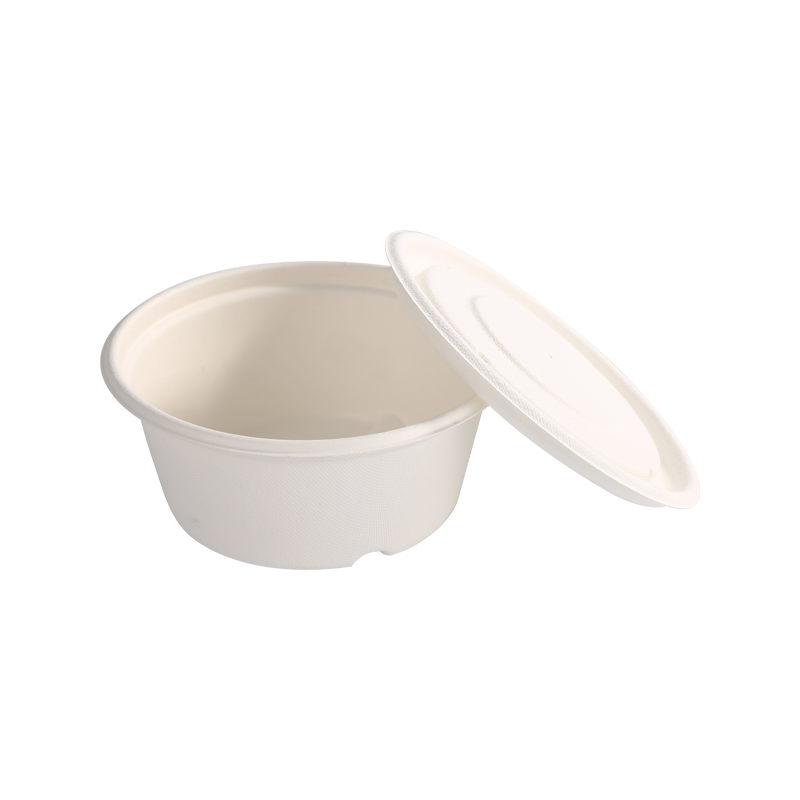The food packaging industry is at a crossroads, with health and environmental concerns driving the need for change. Bagasse food containers are emerging as a healthier choice for both consumers and the planet. Unlike traditional plastic containers that can leach harmful chemicals into food, bagasse containers are made from a natural, non-toxic material that is safe for direct food contact.
The health benefits of using bagasse containers extend beyond the absence of harmful chemicals. They are free from BPA, phthalates, and other toxins commonly found in plastic packaging, reducing the risk of exposure to these substances that have been linked to various health issues, including hormonal imbalances and developmental problems.
From an environmental perspective, bagasse containers are a game-changer. They are derived from a renewable resource, sugarcane, which is a fast-growing crop that requires less water and land compared to other raw materials used for packaging. This makes bagasse containers not only a sustainable choice but also a more efficient use of resources.
Furthermore, the compostability of bagasse containers addresses the pressing issue of plastic pollution. Unlike plastic, which takes hundreds of years to decompose, bagasse breaks down naturally within a few months, returning nutrients to the soil and reducing the burden on landfills.
The adoption of bagasse food containers is a win-win for both health and the environment. As consumers become more aware of the impact of their choices, the demand for healthier, eco-friendly packaging options is set to grow. Bagasse containers offer a practical and sustainable solution that aligns with the values of a health-conscious and environmentally responsible society.

